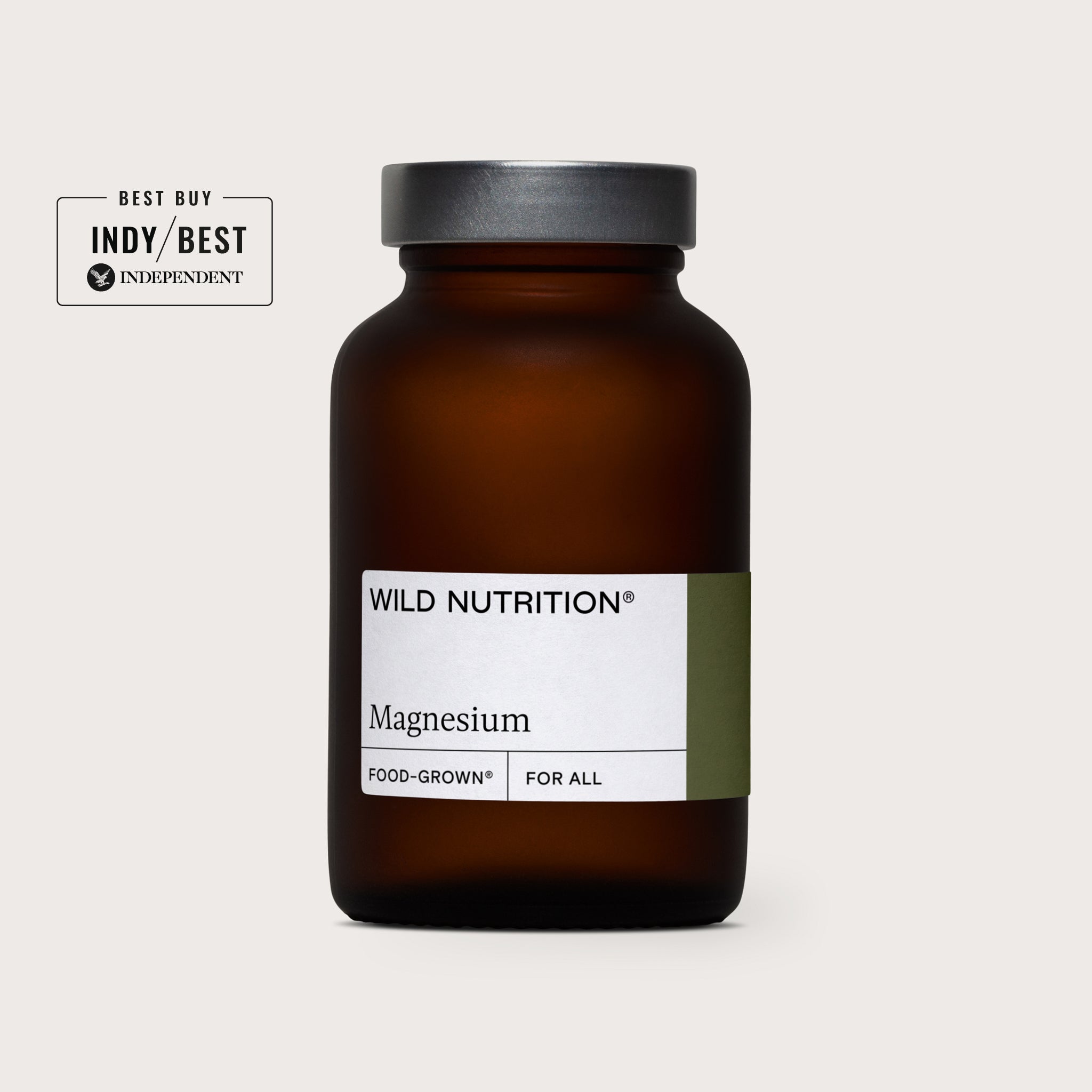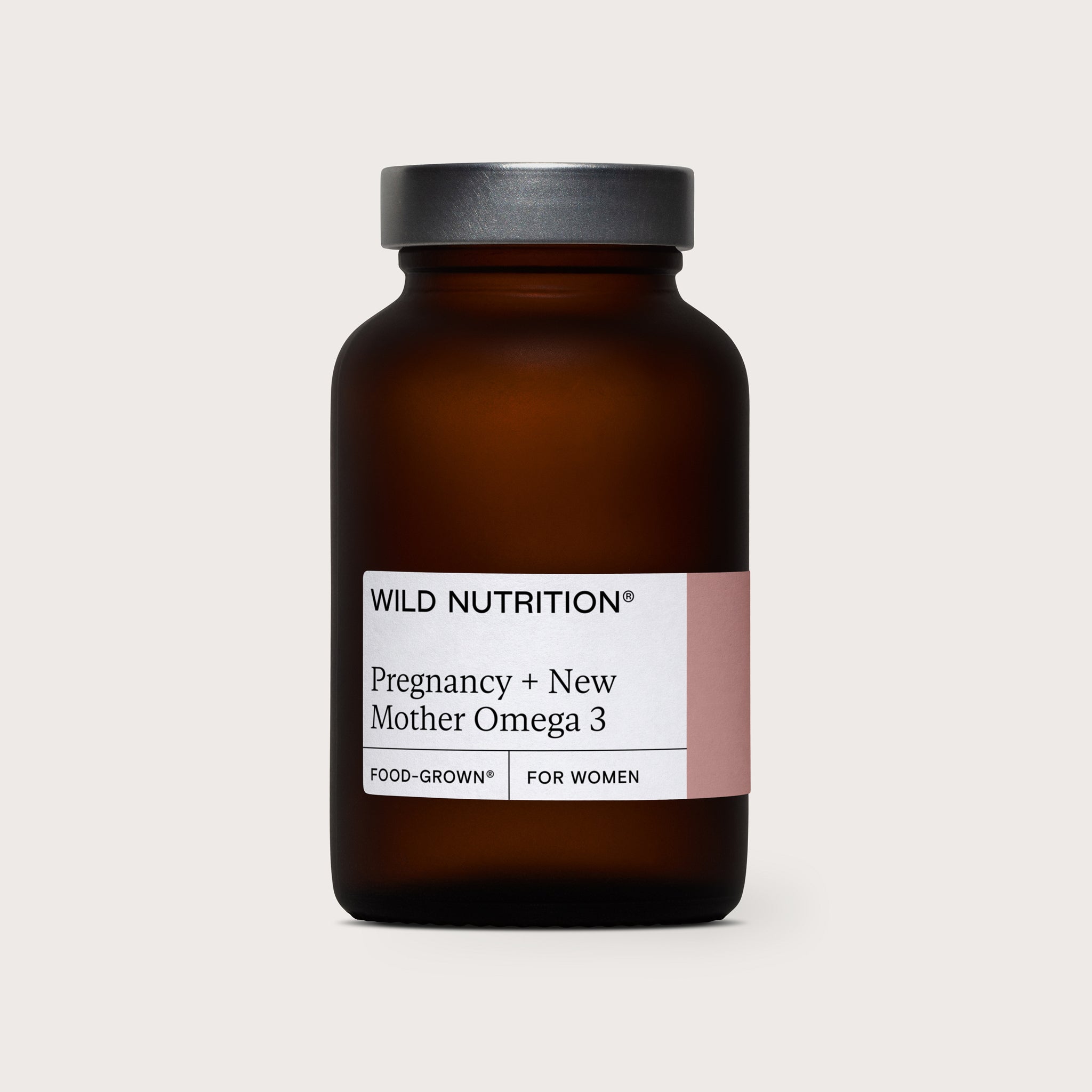
Essential nutrients to start the school year well
BY HENRIETTA NORTON, FOUNDER & FORMULATOR
It’s that time of year again when children are heading back to school. Abundant energy, a strong immune system and sharp mental focus all rely on good nutrition which our children should get from the food they eat.
Supplementation, however, can provide that extra peace of mind so you know they are getting what they need, especially if a child is a fussy eater. Here are my top 6 back to school nutrients.
1. Vitamin D
Vitamin D is important for their immune function so this should be a focus during the Autumn and Winter months when we see less sun. This may help to reduce their chance of missing school due to illness. Only 10 % of our vitamin D requirements come from food (such as fish and eggs) and the rest has to come via sunlight. Official recommendations state that all children should supplement from October to March. Our Food-Grown Vitamin D is always in the active form for easier usage by the body.
2. Omega 3
Omega 3 may support sharper mental focus and learning in the classroom, but it can be a challenge for some parents to encourage their children to eat enough oily fish, like salmon, sardines and mackerel. If this is the case, an Omega 3 supplement containing EPA and DHA can be very helpful.
Good sources include:
- Oily fish
- Sardines
- Mackerel
- Salmon
Below are plant sources, however, they are in the Alpha-linolenic acid (ALA) form which isn't converted very well in the body:
- Flaxseed
- Walnuts
- Chia seeds
3. Vitamin C
Apart from the obvious immune support, Vitamin C has many other benefits including supporting child growth and dental health, their levels of physical activity and muscle repair after sports and PE. Vitamin C is also vital for energy production.
4. Probiotics
Probiotic bacteria cover the surface of our nine metre long digestive system and play a vital role in your child’s winter defence system. Probiotics are a good support all year round but are especially important after illness, medication such as antibiotics or when other children or family members are ill around them. Probiotics can also be helpful when your child is going through a challenging period such as exams.
Good sources include:
- Natural, full fat yogurt
- Kefir
- Kimchi
- Miso
5. B vitamins
The spectrum of B Vitamins support energy production and contribute to nervous system health. Vitamin B5 is needed for the metabolism of neurotransmitters such as serotonin and GABA, which will help your child feel happy and contribute to their mental function.
Good sources include:
- Green leafy vegetables
- Good quality, lean meat
- Dairy products
- Nuts and seeds
- Wholegrains
6. Magnesium
Magnesium is important for children’s health as it supports bone development, muscle function and the nervous system. It is great for sleep and relaxation. Magnesium is not stored in the body for long, so good daily intake is needed.
Good sources include:
- Green leafy vegetables
- Nuts and seeds
- Beans and pulses
- Wholegrains
To find out more about supporting your family this school season book in with our team of Nutritional Therapists. You may also like to read 4 Ways to optimise your child's health and 8 nutritional demands of a teenager or to try our After School Tummy Warming Scones.












